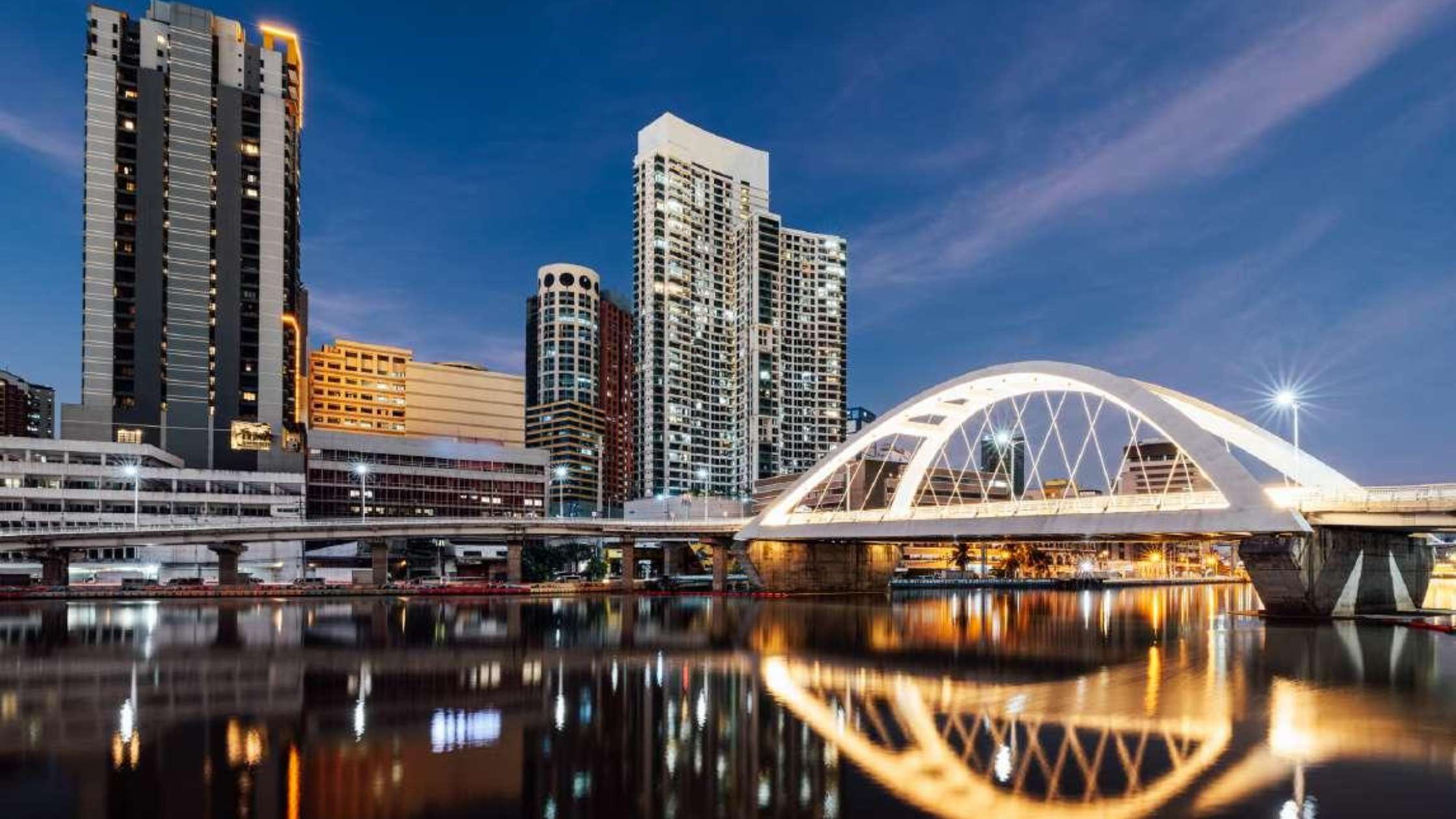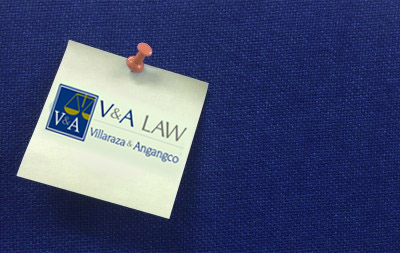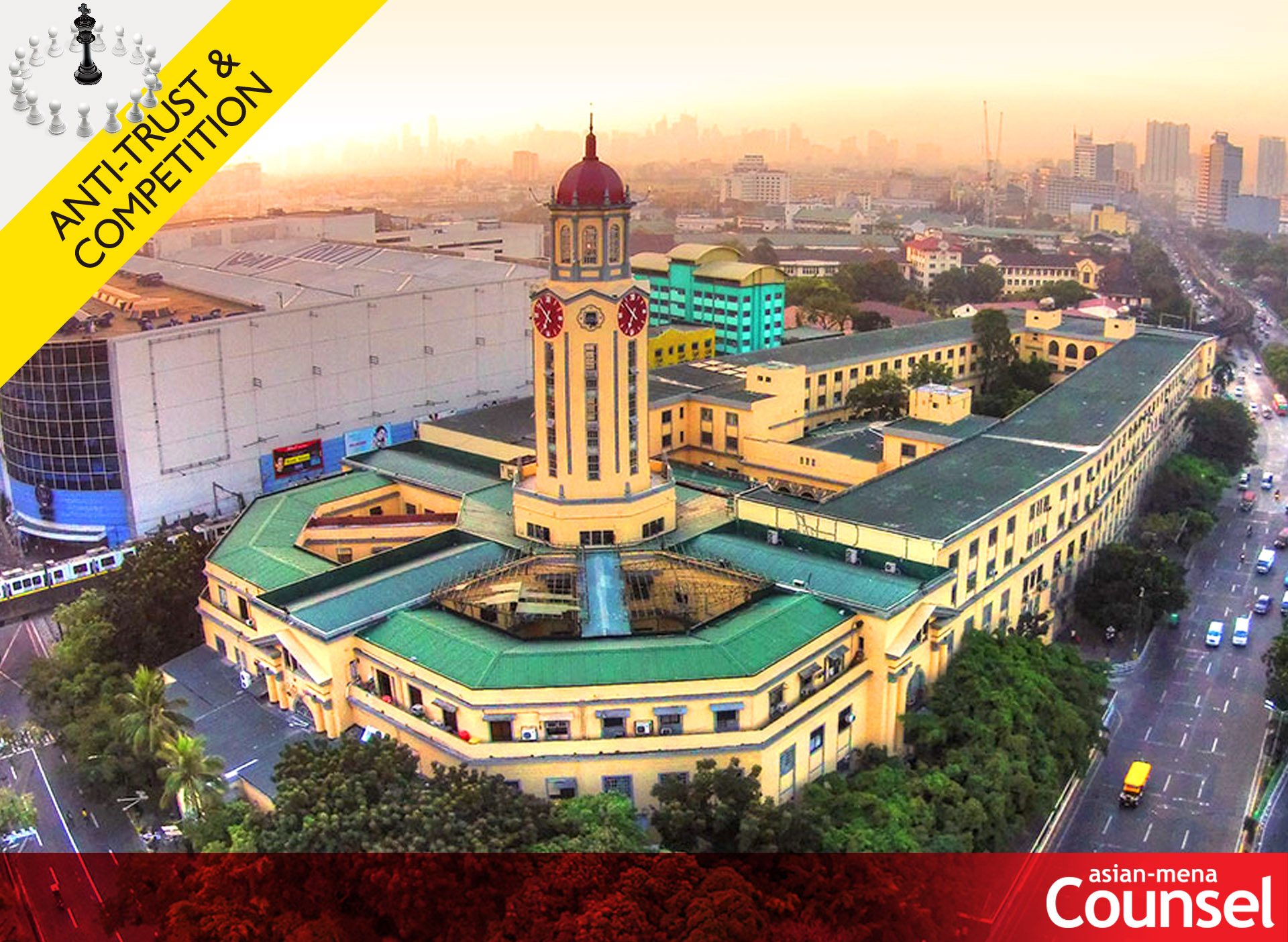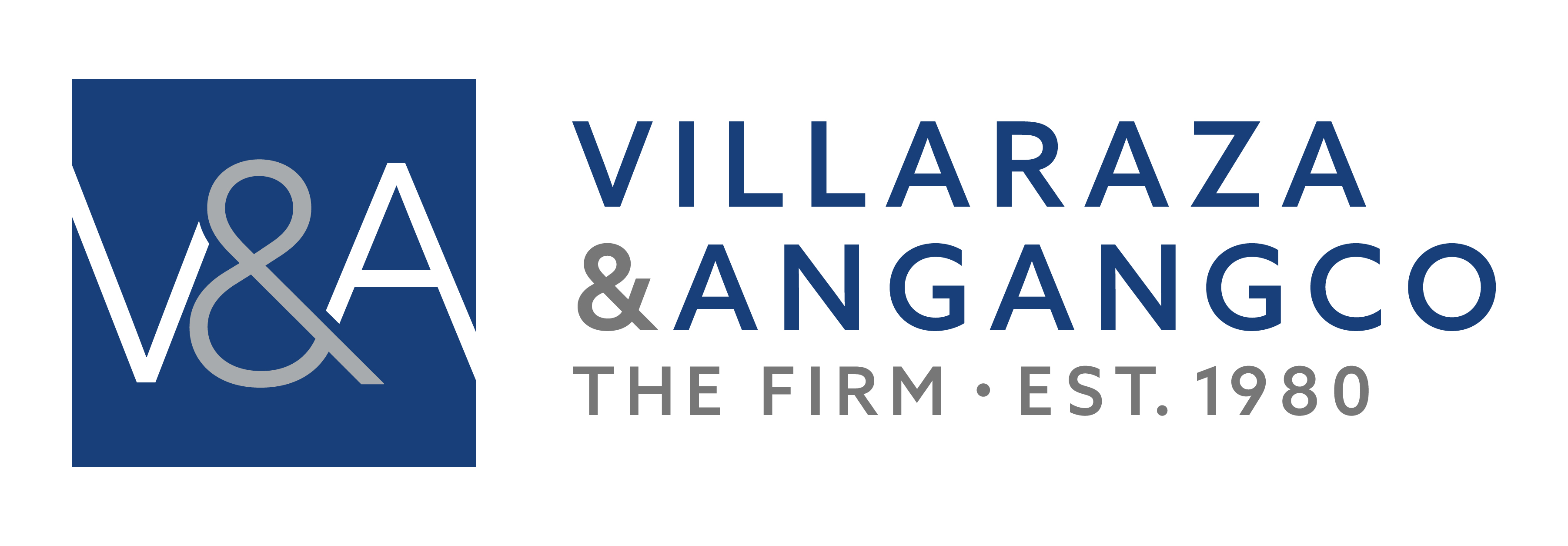
Kristin Charisse C. Siao, Carlo Augustine A. Roman
The global push toward Environmental, Social, and Governance (“ESG”) practices in businesses of all sizes has seen rapid growth in recent years, with the Philippines being no exception to this growing movement. More and more, industry leaders and model organisations across the local business landscape have placed increasing emphasis on non-financial metrics that address critical social and environmental issues, with an eye toward making sure that business practices and investments will continue to be sustainable not merely on the basis of the balance sheet, but also society as a whole. Truly, investors in both the Philippines and abroad have become keener toward focusing on not just mere economic growth, but inclusive, balanced, and sustainable growth that can be maintained in the longer term.
With this in mind, legislators and regulators in the Philippines have slowly but surely adjusted to the growing call for ESG monitoring and enforcement. As such, it is slowly becoming impossible for businesses to ignore social and ethical considerations when running their day-to-day affairs in this jurisdiction.
Sustainability Reporting Guidelines for Publicly Listed Companies
Consistent with global ESG trends and the push toward greater transparency for non-financial and sustainability issues –particularly in the present economic climate which prioritises environmental and social impact of businesses more than ever – the Securities and Exchange Commission (“SEC”) published Memorandum Circular No. 4, Series of 2019, or the “Sustainability Guidelines for Publicly Listed Companies (“PLCs”)” (the “SEC Sustainability Guidelines”), in order to help PLCs assess and manage non-financial performance across economic, environmental, and social aspects of their organisation. The reporting guidelines aimed to monitor businesses’ contributions toward achieving universal targets of sustainability, including the United Nations Sustainable Development Goals, as well as national policies and programs pushing ESG and general corporate responsibility (i.e., including the AmBisyon Natin 2040 plan propagated by the National Economic and Development Authority (“NEDA”), which advocates a prosperous, predominantly middle-class Filipino society where no one is poor over the next twenty-five years.
In this regard, the SEC published a reporting template in the SEC Sustainability Guidelines for submission, together with the PLC’s Annual Report, which shall be subject to a “comply or explain” approach for the first three years of implementation, meaning that companies shall be required to attach the reporting template to their Annual Reports, but can provide explanations for items for which they still have no available data on. The reporting template requires disclosure of, among others, the reporting PLC’s:
It is slowly becoming impossible for businesses to ignore social and ethical considerations when running their day-to-day affairs in this jurisdiction
a. Economic performance, including direct economic value generated (revenue) and direct economic value distributed (e.g., operating costs, employee wages and benefits, and taxes paid);
b. Climate-related risks and opportunities;
c. Procurement practices and proportion of spending on local suppliers;
d. Anti-corruption policies and procedures;
e. Environmental resource management;
f. Water consumption within the organisation;
g. Ecosystems and biodiversity;
h. Air emissions and pollutants;
i. Solid waste and hazardous waste;
j. Effluents;
k. General environmental compliance;
l. Employee management, including employee hiring and benefits;
m. Labor-management relations;
n. Diversity and equal opportunity;
o. Workplace conditions, labour standards, and human rights;
p. Supply chain management;
q. Relationship with community; and
r. Data security.
Non-attachment of the Sustainability Report to the Annual Report shall be subject to the penalty applicable to an incomplete Annual Report, specifically a fine pursuant to SEC Memorandum Circular No. 6, Series of 2005.
Extended Producer Responsibility Act
Republic Act No. 11898, or the “Extended Producer Responsibility Act” passed into law on 23 July 2022 and introduced the extended producer responsibility (“EPR”) mechanism, specifically with the goal of making product producers environmentally responsible for the entire life cycle of their products. The law imposes this responsibility by making covered product producers accountable for the proper management of their plastic packaging waste, including: sachets, labels, laminates, other flexible plastic packaging products, rigid plastic packaging products, plastic bags, and polystyrene.
The law specifically applies to “large enterprises”, which refer to business entities whose total assets exceeds One Hundred Million Pesos (PhP100,000,000.00), and Micro, Small and Medium Enterprises (“MSMEs”) only when the total value of all assets of all enterprises carrying the same brand, label, or trademark exceeds One Hundred Million Pesos (PhP100,000,000.00). MSMEs not falling within the specified threshold are not required to comply but are encouraged to voluntarily adopt the EPR mechanism.
Covered entities are required to establish EPR programs for their plastic packaging within six months from the effectivity of the law, register the programs with the National Solid Waste Commission, measure their annual plastic packaging footprint, meet diversion targets, and submit annual compliance reports called the EPR Compliance Report (“ECR”) to the DENR.
Companies with EPR programmes are required to offset their respective plastic packaging footprint in line with the following targets which have been imposed by law:

In case a company fails to meet the above-mentioned targets, it is liable to pay the fines highlighted below, or the cost of recovery and diversion of the company’s footprint or shortfall, whichever is higher.
Fines/Penalties
First Offense Not less than PhP5,000,000.00 but not more than PhP10,000,000.00
Second Offense Not less than PhP10,000,000.00 but not more than PhP15,000,000.00
Third Offense Not less than PhP15,000,000.00 but not more than PhP20,000,000.00, as well as automatic suspension of the business permit until the requirement of the law is complied with

To ensure compliance with the diversion targets, covered entities should implement an auditing system which should follow the guidelines provided under DENR Department Order No. 2024-04, as discussed below.
Large enterprises are allowed to tap into a Producer Responsibility Organisation (“PRO”) for the implementation of EPR programs. Likewise, multiple companies may pool their resources and form a PRO. The EPR programs should be aimed at reducing environmentally unfriendly products or the recovery of product waste and may include the following activities or strategies enumerated under the law:
a. Adoption of reusable products or product redesign to improve its reusability, recyclability, or retrievability;
b. Inclusion of recycled materials in a product;
c. Adoption of appropriate product refilling systems for retailers;
d. Viable reduction rates plan;
e. Information and education campaign schemes;
f. Appropriate product labeling including information for the proper disposal of the waste product;
g. Waste recovery schemes such as redemption, buy-back, offsetting;
h. Diversion of recovered waste into value chains through recycling and other sustainable methods;
i. Transportation of recovered waste to appropriate recycling, composting, or other diversion or disposal sites;
j. Waste clean-ups in coastal areas, public roads, or other sites;
k. Establishment of commercial or industrial scale recycling, composting, thermal treatment and other waste diversion or disposal facilities;
l. Partnership with LGUs, communities, and the informal waste sectors.
To strengthen its implementation, the law gives incentives for compliance or voluntary participation and imposes steep fines for failure of covered entities to register their respective EPR programs or meet the diversion targets. The incentives include tax incentives for eligible activities, deductions from gross annual income, and exemptions from taxes and custom duties for donations, legacies or gifts for the maintenance and support of EPR programs.
Compliance Reporting and Audit Guidelines under DENR Administrative Order No. 2024-04
In order to support the enforcement of the Extended Producer Responsibility Act, the DENR issued Administrative
Order No. 2024-04 dated 22 April 2024 (the “Order”), which provides guidelines for compliance reporting and auditing in relation to the EPR mechanism. Under the Order, the ECR must include the following information:
a. Summary of accountable plastic footprint measured in terms of weight in kilograms and material type such as flexible plastic, rigid plastic;
b. Summary of accounted plastic waste recovered for reuse, recycle, diversion or proper disposal;
c. Plastic waste diversion accomplishment report which should be presented in percentage per plastic material type and computed using the formula:
Actual Accomplishment = Accounted plastic waste diverted x 100
Accountable plastic footprint
d. Sworn statements by the duly designated officer responsible for the EPR Program and the President, CEO, or equivalent officer of the reporting entity attesting to the truthfulness and accuracy of the data presented.
The ECR must be audited by an independent third-party auditor who should be a Certified Public Accountant and must not be an officer or employee of the reporting entity or any of its affiliates. The auditor must submit an EPR Compliance Audit Report (“ECAR”) to the Environmental Management Bureau. The ECAR consists of the independent third-party audit report – which may be an Agreed-Upon Procedures Report, Limited Assurance Report, or Reasonable Assurance Report – and the duly notarised ECR. Samples of the reports are provided by the DENR in the Order itself, and may be used by covered entities as basis for their own submissions.
The deadline for filing of the ECAR is on June 30 or the first working day immediately after June 30. The accountable plastic footprint is based on the products or services released to the market the year preceding the compliance year, except for the year 2023 wherein the reporting entities may base the amount of accountable plastic footprints from either the year 2022 or 2023. Trade secrets, breakdown of production or sales figures, and contracts or processes unique to the reporting entity or would adversely affect its competitive position are considered confidential business information and need not be submitted with the ECAR.
Single-Use Plastics and Packaging
Other than the rules on EPR, there are currently no national laws regulating the use of single-use plastics and packaging in the Philippines. However, a bill is being considered which, if ratified, would require businesses to phase out the use and import of single-use plastics within one (1) year from the law coming into effect.
In 2022, Senator Loren Legarda filed Senate Bill No. 246 entitled the “Single-Use Plastics Regulation and Management Act” which intends to regulate the manufacturing, importation, and use of single-use products by providing penalties, levies, and incentives for industries and consumers. The bill would reinforce the use of reusable materials while mandating that all single-use plastics already in circulation will be collected, recycled, and properly disposed of in accordance with the existing Ecological Solid Waste Management Act. Violators of the provisions of the bill, if enacted into law, will be subject to fines ranging from Five Thousand Pesos (PhP5,000.00) to Five Hundred Thousand Pesos (PhP500,000.00), as well as permanent suspension of the business permit and administrative penalties for erring government officials. To date, the bill continues to be pending before the Senate Committee on Environment, Natural Resources and Climate Change.
Additionally, local governments may pass ordinances which regulate the use of single-use plastics and packaging in the Philippines. Enforcement of these ordinances shall be the obligation of the relevant local government units, and applicability thereof will depend on the specific location of the business concerned.

Kristin Charisse Siao, Partner, Villaraza & Angangco
Kristin Charisse Siao (“KC”) is a Partner at Villaraza & Angangco and the head of the firm’s M&A, Competition Law, and Energy practice areas. Having acted as general counsel for one of the Philippines’ largest renewable energy companies, KC has a keen understanding of the power and energy industry and a deep knowledge of the transactional, project development, commercial, operational, and regulatory aspects of energy matters.

Carlo Augustine A. Roman, Senior Associate, Villaraza & Angangco
Carlo Augustine A. Roman is a Senior Associate with more than seven years of experience in Corporate and Commercial Law. Specializing in the fields of government contracts, energy, logistics, and e-commerce, Carlo has extensive experience in mergers and acquisitions of entities in various industries. He is recognized by the Legal 500 as a Recommended Lawyer for Projects and Energy.
This article is part of the IHC eMagazine June 2024 issue. Click here to read or download the magazine.


























 Villaraza & Angangco Law
Villaraza & Angangco Law Kristin Charisse C. Siao
Kristin Charisse C. Siao Ma. Carla P. Mapalo
Ma. Carla P. Mapalo Richard Henrick I. Beltran
Richard Henrick I. Beltran







